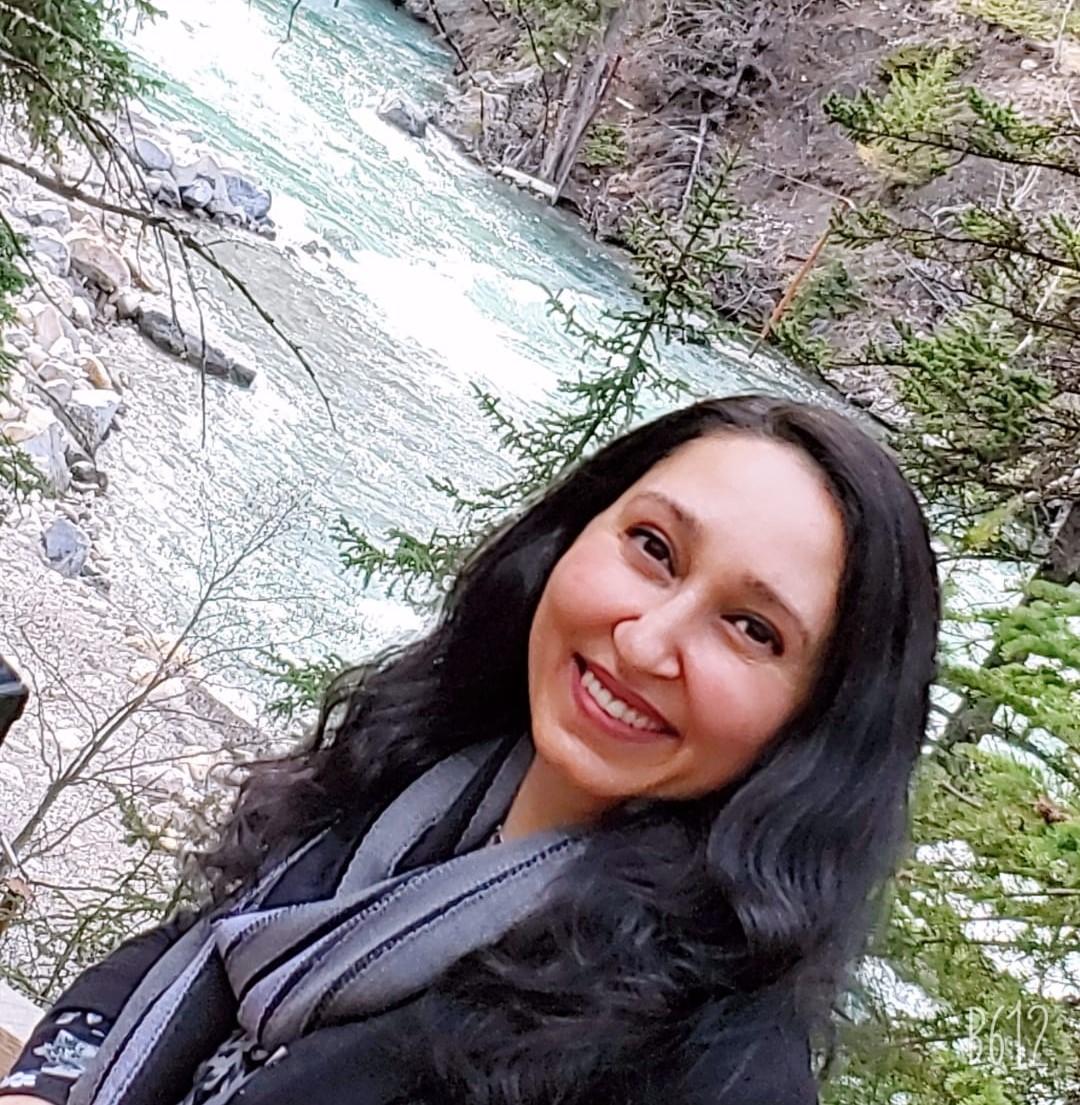
Feb. 3, 2022
What We Are Learning This Week with Dr. Saira Bano

February 7, 2022 in POLI 279 Politics of the Global South
Dr. Saira Bano is exploring social movements and alternate politics in the developing world and how this affects, and is affected by politics in the Global South.
Can you tell us a little more about this topic?
Alternate politics in the developing world is a diverse field, spanning Internet activism, disruptive mass demonstrations, and highly institutionalized social movements. Some movements seek to change the nature of the political regime; others focus on social injustice, or demand respect for their group identity, norms and world view. Social movements in the developing world are increasingly becoming global in scope and focus. New technology links them to activists elsewhere, and enables effective mobilization of support locally and globally. This offers enormous potential. Social media enables effective mobilization across diverse groups with few resources.

What else do you cover in your course?
POLI 279 covers important historical and contemporary issues facing the Global South. This course introduces students to theoretical approaches, historical and economic contexts, society-state relations, and the major policy issues that face all developing countries. It analyses central developments and debates, covering issues as institutions and governance, security, and post-conflict state-building. It looks at the complex and changing nexus between state and society and how their reciprocal interaction accounts for the distinctive character of developing countries’ politics. It also assesses how the dynamics between domestic and inter/transnational processes play out in different developing countries.
What are some of your most rewarding moments from this course?
The most rewarding moments of teaching this course are when students from developing countries share their first-hand knowledge of politics of their countries. They share their experiences of topics that we cover in the class. This leads to exciting discussion in the class. I believe that effective teaching is based on dialogue between students and instructors, rather than traditional one-way flow of content from instructor to students.
Finally, what other courses would you recommend for students interested this topic?
Students interested in Global South politics can get an in-depth knowledge by taking advance courses like POLI 402.6 Advance Topics in Politics, POLI 465 Chinese Politics, POLI 471 Africa: Contemporary Political Problems, POLI 473 States Regimes in Latin America, POLI 369 Govt & Poli of Middle East, POLI 469 Middle East: Contemporary Political Problems, etc.
Our Thanks to Dr. Saira Bano for sharing your course with us!
Follow Dr. Bano on Twitter @sairaban1
